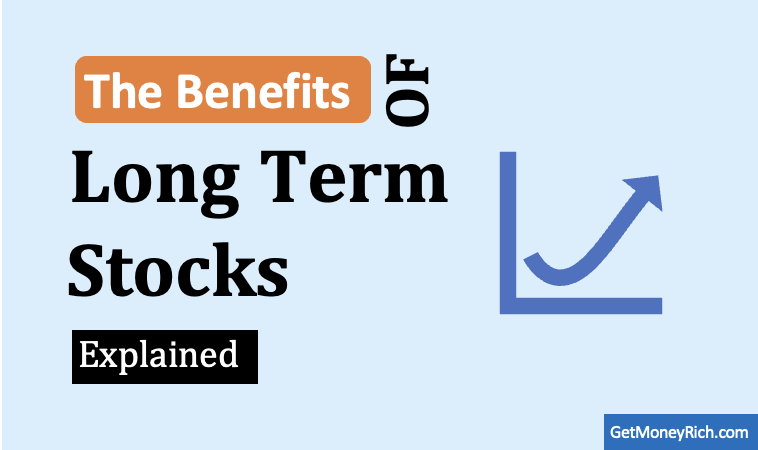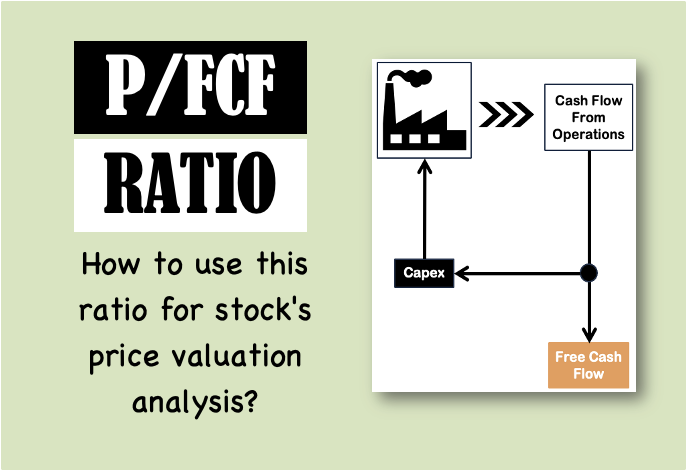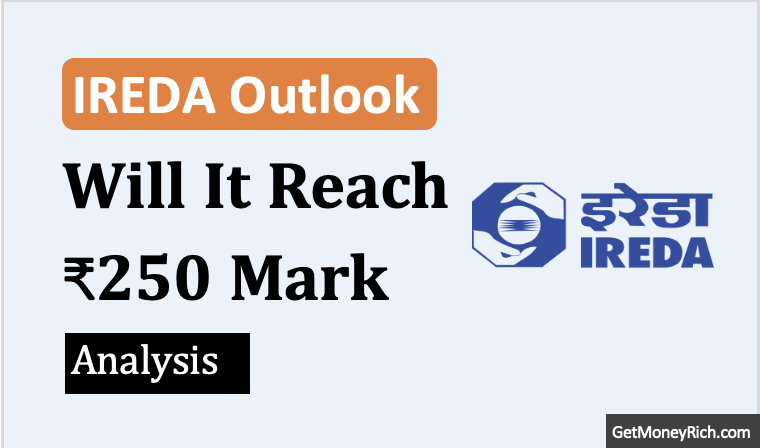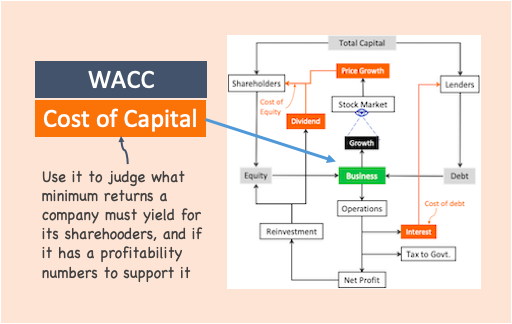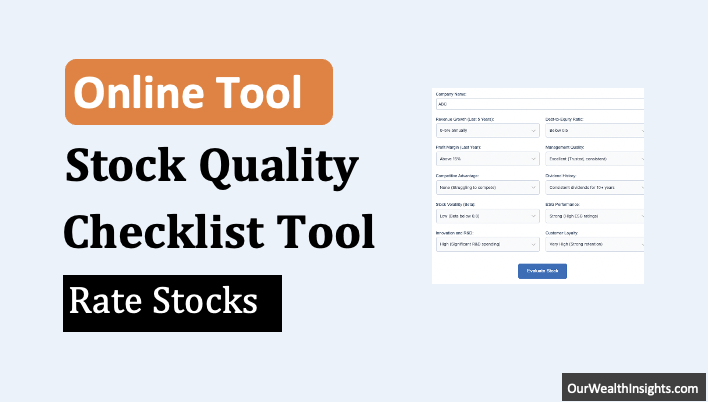The quick commerce (q-commerce) revolution in India has captivated consumers and investors alike. Companies like Zomato, Swiggy, and Zepto are leading the charge. They are promising meal deliveries within minutes. But this speed-first model is raising concerns. There are not only health concerns but also about the long-term sustainability of this business strategy.
As stock investors, we need to look beyond the glossy marketing and flashy growth numbers. Let’s analyze the quick food delivery sector’s impact from an investor’s perspective.
The Promise of Growth
Why investors are loving the food delivery stocks?
Food delivery platforms have seen explosive growth in recent years. The growth is fueled by rising urbanization, changing lifestyles, and increasing disposable incomes. There is also a notable shift in consumer’s behaviour towards grocery shopping in general.
The same consumer who used to prefer, 5-6 years back, going to restaurants are now preferring home delivery. The same shift is also visible in grocery shopping as well. Consumer who used to prefer physically going to DMART and Star Bazaaar are no longer want to spent time on it.
Spending too much time on Grocery shopping, or going out for dinning are no longer preferred.
Is this a temporary behaviour? I don’t think so.
With this perspective in mind, I think as a stock investor, the quick commerce businesses offer the following:
- High Revenue Potential: The Indian food delivery market is expected to grow at a double-digit rate over the next decade. With millions of customers using platforms like Zomato and Swiggy daily, the revenue opportunities are enormous.
- Customer Stickiness: These platforms benefit from strong customer retention. Discounts, convenience, and loyalty programs ensure that users keep coming back.
- Tech-Driven Scalability: Companies leverage AI, machine learning, and advanced logistics to optimize delivery times and reduce costs. This scalability makes these businesses attractive for venture capital and IPO investments.
The Challenges
Are these business models sustainable?
Beneath the surface, quick delivery platforms face significant challenges. As an investor, it’s essential to evaluate these risks before diving in.
- Thin Profit Margins: Quick delivery services rely on heavy discounts and incentives to attract customers. This model puts immense pressure on margins, making profitability a distant goal. For example, Zomato’s recent financial reports highlight rising revenues but persistent losses. It is a red flag for long-term investors.
- High Operating Costs: To deliver food within minutes, companies need a robust logistics network. This requires:
- Investing in technology for real-time tracking and route optimization.
- Maintaining a large fleet of delivery personnel.
- Operating dark kitchens to prepare meals quickly.
- These costs can quickly erode profits, especially in a highly competitive market.
- Regulatory Risks: Shantanu Deshpande’s recent remarks about the quality of quick meals underline the growing scrutiny on this industry. Regulatory bodies could impose stricter quality standards, increasing compliance costs for companies.
- Customer Fatigue: While discounts and convenience drive customer acquisition, they also create dependency. If discounts are reduced or delivery times slow, customers may switch to competitors or revert to traditional dining options.
Having said that, I will see all the above challenges from the lens of shifting consumer preference for only shopping and quick deliveries. If this shift stays, the above challenges can evaporate over time.
Like traditional retail made its mark about 15-20 years back with large grocery stores like Star Bazaar, Spencers, DMART, etc, I think quick food deliver is here to stay.
So Let’s discuss the long-term viability of the quick commerce business.
Long-Term Viability
What we an investors should watch?
As an investor, the critical question is not whether the quick delivery model is successful today but whether it can sustain its growth over the long term.
The focus must shift from short-term gains to a deeper understanding of the factors driving sustainable growth and profitability in this sector.
- One of the foremost considerations is profitability. Investors should prioritize companies that are actively working to improve their margins. For example, Zomato has been taking steps to reduce cash burn and streamline operations. While these efforts are promising, their success depends on effective execution, which investors must monitor closely. Without a clear path to profitability, even the most popular companies can struggle to sustain themselves in a competitive market.
- Quality differentiation is another critical factor for long-term viability. Platforms that emphasize better-quality food and healthier options are more likely to build a loyal customer base. For instance, startups investing in cloud kitchens with stringent quality controls can attract premium customers who are willing to pay more for reliable and fresh meals. This focus on quality not only enhances customer satisfaction but also improves sales and profitability over time.
- Technology-driven efficiency is essential for reducing costs and maintaining competitiveness. Companies that optimize logistics and innovate delivery methods, such as through automation or drone-based solutions, will be better positioned for sustainable growth. These advancements can significantly reduce delivery times and operational costs, ensuring that the quick delivery model remains viable in the long run.
Profitability, quality, and technology should be the investors long-term focus. I think, these three factors will differentiate between an average company and a leader.
But there is another thing (from outside) that will eventually come into play that these companies must deal with and we as investors should also keep an eye on.
Regulatory compliance plays a pivotal role in shaping the future of the industry. As this new business sector grows and overtakes current stalwarts like DMARTs etc, government regulation will come in.
Instead of resisting these regulation, companies must start preparing for them from today.
Businesses that proactively address concerns about food quality and safety can build trust with both customers and regulators. This trust is invaluable, as it fosters long-term brand loyalty and positions the company as a market leader.
Conclusion
The quick food delivery sector is both exciting and risky. On one hand, the market’s growth potential is undeniable. On the other hand, the current model, fueled by discounts, speed, and convenience, is financially unsustainable in the long term.
Here’s how I see it:
- Short-Term Outlook: If you’re looking for quick gains, stocks like Zomato may offer opportunities during market rallies. However, if you are an investor who wants to benefit from the compounding of these new age businesses, quick gains of 50-60% shall mean nothing. We’ll rather be satisfied with slower short-term gains over 25% CAGR for next 15-20 years, right? Read: How to build 10-crore portfolio in 15 years.
- Long-Term Perspective: For patient investors, it’s critical to identify companies that are focused on building a sustainable business. Look for those emphasizing profitability, innovation, and customer trust over mere growth metrics. These companies actually turn our to be capital compounders in the long-run.
What does it mean for we stock investors? Do not buy these new age stocks in FOMO. Do not buy these stocks with an assumption that these will become Amazon’s of Indian in coming years.
If you have to buy, do a detailed fundamental analysis of their business. More importantly, let companies turn profitable and then buy their shares.
Final Words
The quick food delivery sector is at an inflection point.
While it offers immense growth potential, the current focus on speed and discounts is unsustainable.
As an investor, it’s crucial to stay informed, evaluate risks, and make decisions based on data, not emotions.
As a stock investor, our priority is investing in companies who has a sustainable business. 3-years back, I would have said with 75% surety that the business model of Zomato, Swiggy type business are not sustainable. But today, at the backdrop of shifting customer’s preference, I think these business have a 50% chance of staying for long.
If you found this article useful, please share it with fellow investors or leave your thoughts in the comments below!
Have a happy investing.


